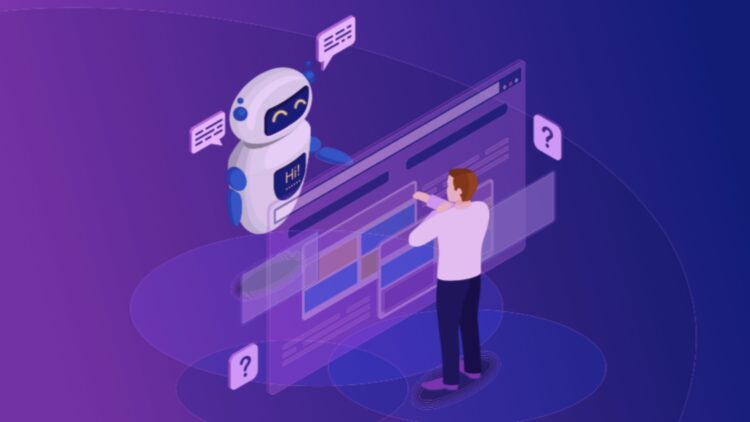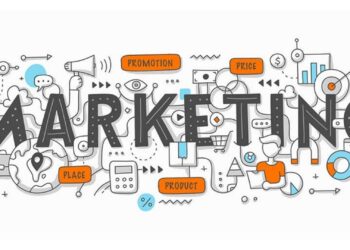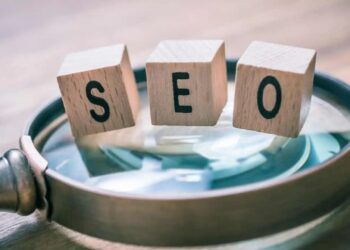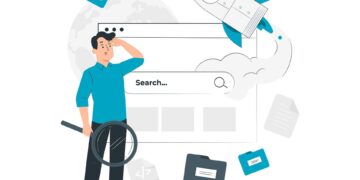Table of Contents
Use of artificial intelligence technology by brands and businesses is becoming more common and there are some great AI marketing examples utilized by companies today that you should know about. We’ve covered some of the best uses by companies that you can learn and implement in your own business’ marketing endeavors.
In order to predict your customers’ next step and enhance customer engagement, artificial intelligence marketing uses customer data and AI principles like machine learning. Artificial intelligence developments provide businesses with greater tools to accomplish this task. AI may revolutionize how organizations acquire, nurture, and convert customers, as well as assist businesses to create more successful marketing plans.
Although many people may think of AI in marketing as more science fiction than reality, the technology is really already in use. In 2018, just 29% of marketing executives employed AI; by 2020, that percentage had risen to 84%. According to an estimate from IDC made in August 202, global investment in artificial intelligence hardware, software, and services would surpass $340 billion by the end of 2021.
AI marketing examples to improve your business
With the introduction of autonomous car technology, fitness trackers, voice assistants, and smartphones, AI has demonstrated its ability to improve our day-to-day consumer experiences. However, it has also helped businesses across several sectors better their digital marketing strategies. In addition to increasing productivity by up to 40%, according to Techjury, AI has been shown to do so, and when used wisely, autonomous technology may assist brands in:
- Streamline their processes to produce marketing efforts that are more successful.
- At every point of their journey, meet their clients’ expectations square in the face.
- Boost revenue and conversions through a variety of channels and touchpoints.
- Using AI strategically and creatively may help you engage with your audience more deeply than ever before, which will inevitably lead to further business success.
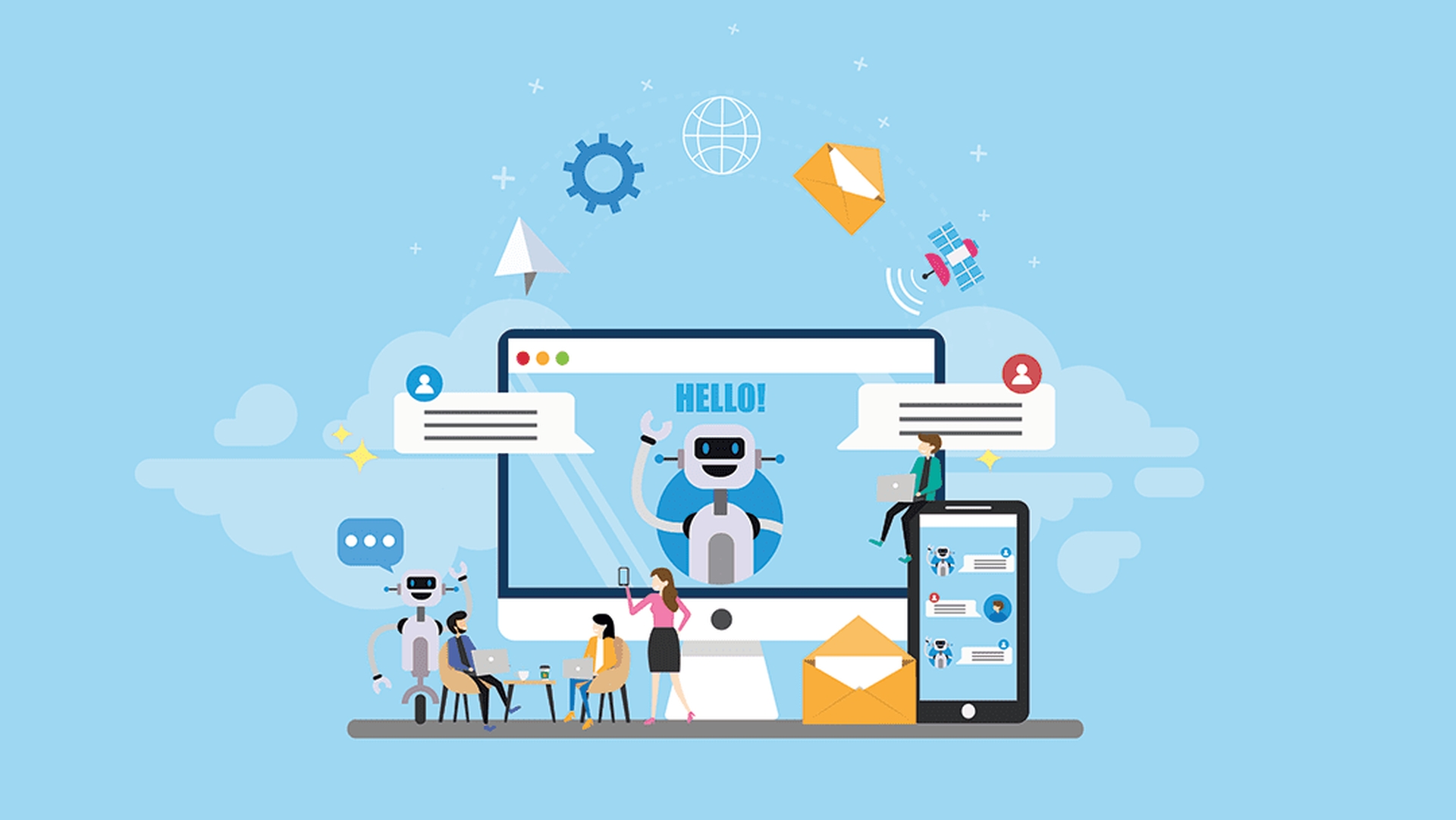
What are some examples of AI in marketing today?
Here, we explore a few different but equally intriguing AI marketing examples in digital marketing to put that idea into context.
Starbucks can predict your next order based on older ones
The first of AI marketing examples that we are going to look at is Starbucks. Starbucks has more than 34,000 locations globally, making it a global empire. No matter where they are, Starbucks customers always know what to anticipate when they place an order. Bangalore and Boston ought to both have the same flavors while drinking a venti vanilla latte with sugar-free syrup.
Starbucks’ app and AI technologies now allow it to anticipate when a customer will place their next order. The coffee company’s app keeps track of sales and pulls data on store location, time, and exact orders. Starbucks’ marketing staff can provide more individualized, unique messaging to customers who are likely to make purchases with the help of this specific data. This messaging contains suggestions for orders as well as unique deals or promotions.
Sephora curates their collection based on your cosmetics choices
Second of our AI marketing examples is Sephora. Finding a new cosmetics or skincare product may be a daunting task, as most people would certainly agree. Given that there are over 114,000 cosmetics shops in the US, each of which sells hundreds or even thousands of items, this is true. How can a customer with an eye for beauty ever hope to choose from such a variety?
In 2017, Sephora recognized this issue and was a pioneer in the adoption of chatbot technology. With chatbots, Sephora could communicate with more consumers simultaneously and respond with personalized recommendations. The business uses this data to deliver interested, engaged consumers tailored emails and communications.
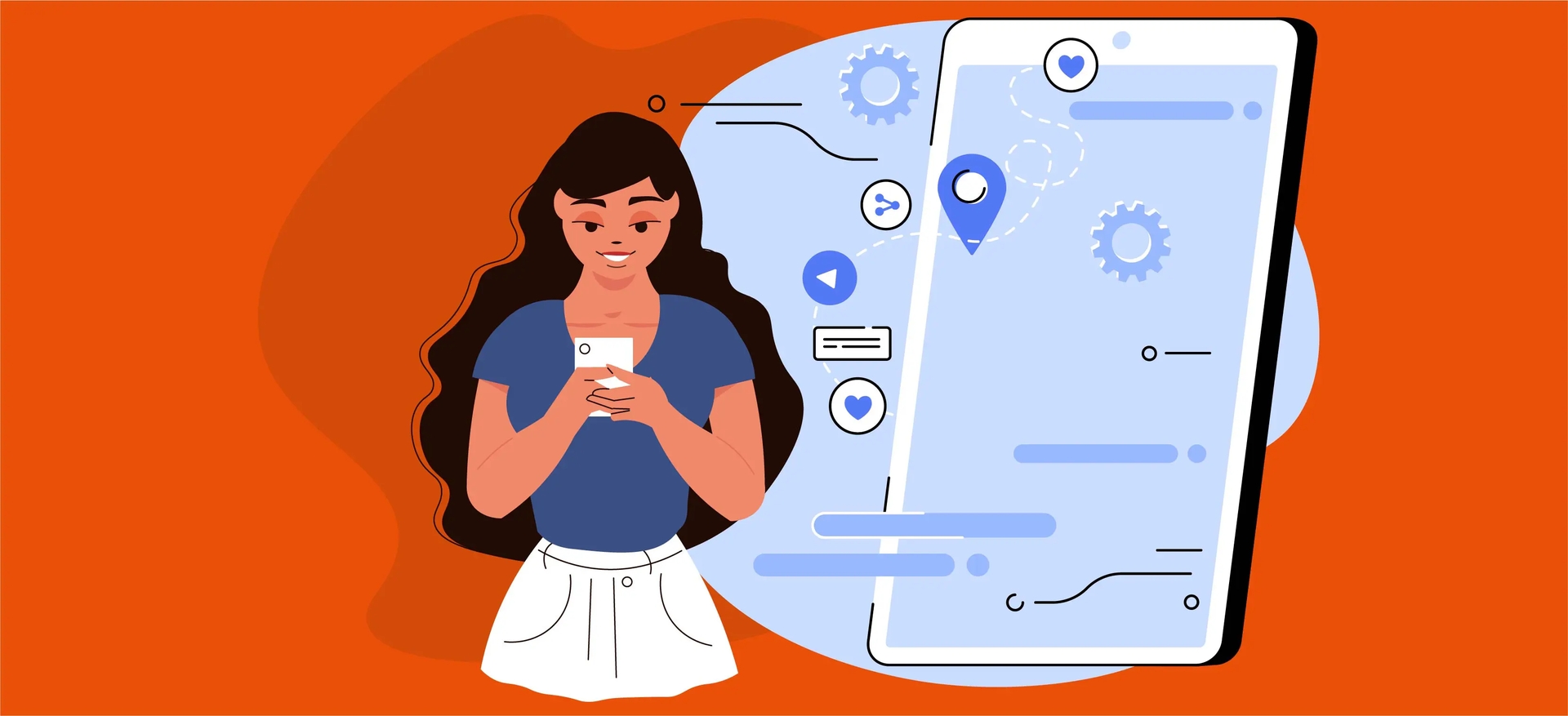
Let’s say a consumer asks a chatbot for guidance when shopping for a new foundation. They’ll get a follow-up email immediately after getting the bot’s recommendations if they haven’t made a purchase yet. Using this style of marketing communication helps turn customer intents into purchases. Additionally, Sephora’s loyalty program enables the business to track the kinds of goods people are purchasing and make recommendations appropriately.
Whole Foods is remembering your choices by letting you bypass the register
Next up on our AI marketing examples is Whole Foods. Grocery shopping has never been the same since Amazon acquired Whole Foods in 2017. Free home delivery came first (a thing of the past, sadly). Then, Amazon constructed 24 locations throughout the nation that elevate convenience.
Customers at Whole Foods may now enter the store, fill their shopping bags, and leave without stopping at the cashier thanks to a system of cameras and sensors. Every customer’s order is effortlessly paid for and accounted for via “Just Walk Out” technology, which makes use of AI. With the data gathered, the brand’s marketers may create messaging that is specific to each customer’s shopping habits and the items they add to their cart. Technology examines consumer behavior to identify trends and likely behaviors.
One may receive vouchers for another Italian-inspired dinner from a Whole Foods newsletter the following week if they purchased pasta, marinara sauce, and Parmesan during one visit.
Unilever helps Ben&Jerry’s identify the trends
Another one of AI marketing examples is Unilever. Unilever, a consumer products corporation, employs AI data centers located all over the world to combine information from many sources, such as social listening, CRM, and conventional marketing research. Through the use of this technology, Unilever identified a connection between ice cream and breakfast: at least 50 songs in the public domain have lyrics that mention eating “ice cream for breakfast,” and establishments like Dunkin’ Donuts already serve ice cream in the morning.
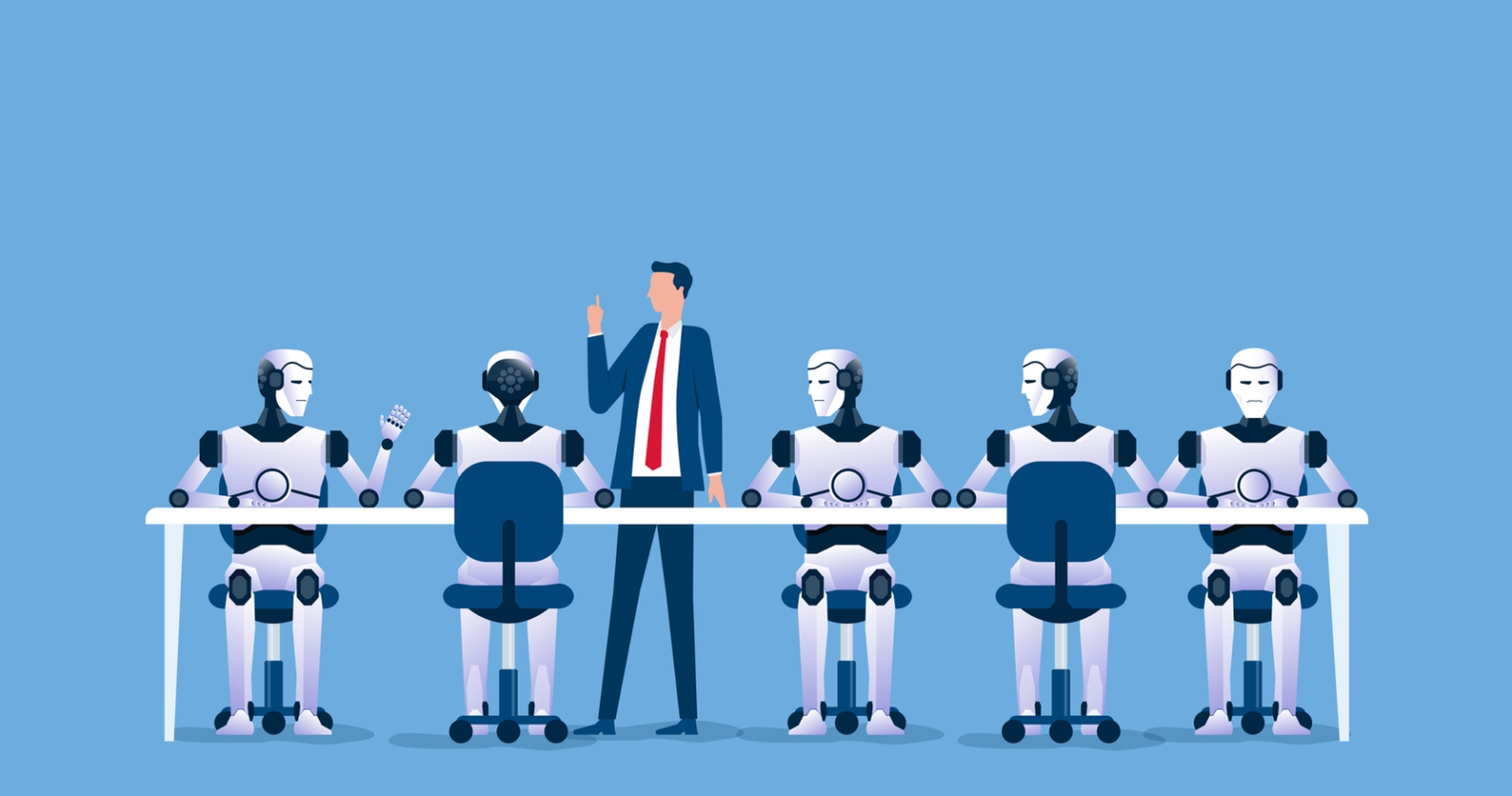
Using this knowledge, Unilever created a variety of cereal-flavored ice creams for Ben&Jerry’s brand, including Fruit Loop and Frozen Flakes.
eBay utilizes AI to improve email marketing success
eBay is the next one up on our list of AI marketing examples. International e-commerce market eBay is constantly looking for fresh approaches to engage users. That implies that it has a ton of AI marketing examples to share with us. The business has been enhancing its marketing text, concentrating on email, since 2016 with the help of the artificial intelligence-powered customer experience platform Phrasee.
Optimizing the effectiveness of email marketing is quite straightforward for the typical brand. A/B test a few different subject lines or CTAs to see which is more effective. Then, use it more often. For a large corporation like eBay, though, things become a little more difficult. The US, UK, and Germany alone have over 101 million email subscribers, making it extremely difficult to create compelling subject lines that can increase open rates.
In order to relieve its internal staff of the creative load, eBay resorted to Phrasee, which combines deep learning and natural language generation to produce copy at scale while constantly enhancing performance.
Lowe’s uses AI to track inventory
On to Lowe’s on our AI marketing examples list. While a progressive company that has effectively improved the in-store shopping experience, Lowe’s has unveiled its very own artificial intelligence (AI) creation, the LoweBot, to provide its customers with individualized recommendations and relevant information as they browse its enormous US locations. The store’s rolling kiosks, which are powered by AI, not only serve to offer consumers a flawless shopping experience but also give marketers crucial information on consumer purchasing habits by autonomously tracking stock and inventory in real-time.
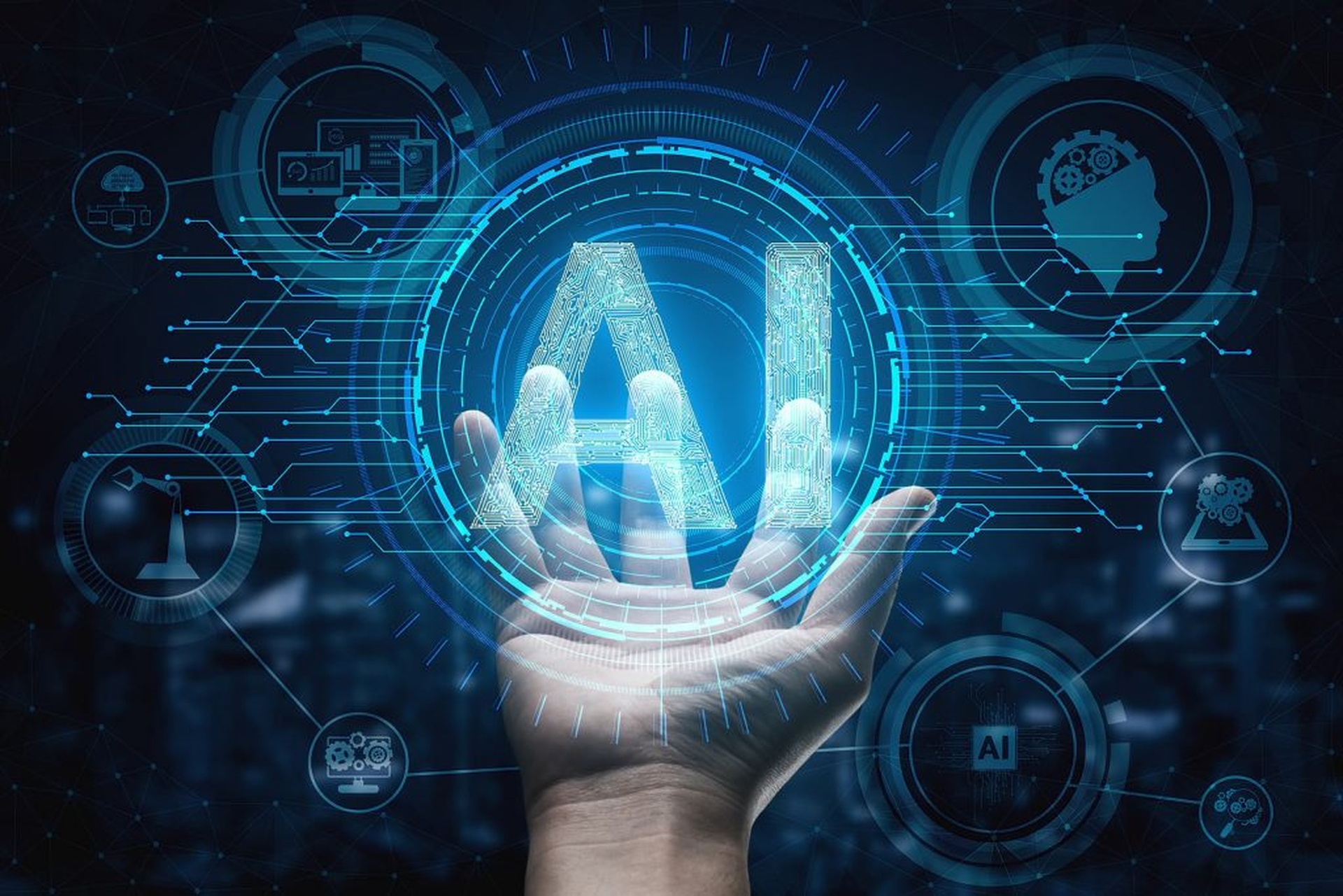
Josh Shabtai, Director of Lab Productions at Lowe’s Innovation Labs, commented on the company’s technical success by saying: “We utilize our stores as living labs to rapidly test our prototypes and gather real-world feedback on the new experiences we’re delivering to demystify home improvement.”
Netflix suggests what to watch based on your preferences
Next on our AI marketing examples list is Netflix. The most popular SVoD multimedia streaming service in the world, Netflix, needs no introduction. However, few people are aware that Netflix’s innovative use of AI may be blamed for a sizable portion of its unstoppable success. User experience (UX) is crucial to any company’s continued success, regardless of industry, and when customers have a good experience with a brand, they are more likely to recommend it to their friends online.
Netflix employs AI-driven machine learning technology to give tailored content suggestions based on a user’s tastes in addition to what they have previously liked in order to improve its overall UX and customize its service to the individual user. Additionally, to automatically improve streaming quality and prevent any quality or buffering concerns, Netflix employs AI development. In a time when consumers want more value than ever from the companies they’re prepared to spend in, the fact that over 80% of the shows people watch on Netflix are now based on its customized recommendations engine is a tribute to its strength.
The Economist increased the number of readers with AI
Last entry on our AI marketing examples list is The Economist. Although The Economist is a recognized digital journal, its readership started to decline about 2016–2017. The magazine took use of AI-driven programmatic advertising to acquire and sell tailored advertisements on its own. The Economist was able to pinpoint a portion of its readership who was believed to be hesitant readers by employing this approach to collect data and analyze consumer data in great detail. They dived down into individual reading patterns or preferences by independently researching site and app usage, and as a consequence, discovered more effective online methods of contacting their prospects.

The journal was able to achieve a number of beneficial outcomes that helped to increase its readership levels once again by focusing on matching cookie, subscriber, and extra data sets to uncover new segments and build lookalike audiences. In conclusion, this innovative campaign attracted 3.6 million new readers to the journal, yielding a 10:1 total return on investment from the initial wave of sales brought in by these possibilities. In the fiercely competitive digital arena, that is no minor accomplishment.
How AI can be used in marketing?
Your digital marketing campaigns may benefit from a variety of use cases for integrating AI marketing, and each of these use cases has its own advantages. AI marketing, for instance, may benefit businesses in a number of ways, including lowering risk, speeding up processes, increasing customer happiness, and generating more income. Benefits may be quantified (based on sales volume) or not (user satisfaction). There are a few general advantages that apply to all AI marketing examples and use cases:
Increased ROI by the campaign
By drawing the most important insights from their datasets and acting on them in real time, marketers can utilize AI marketing to alter their whole marketing program if it is used properly. To maximize the effectiveness of campaigns and continually engage customers, AI technologies can quickly decide how to divide expenditures across media channels or examine the optimal ad locations.
Better personalization for the customer
AI marketing may assist you in sending clients customized communications at the right times in the consumer lifecycle. Additionally, it may assist digital marketers in identifying at-risk clients so they can send them messages designed to re-engage them with the company.

Faster decision making
Another AI marketing examples benefit is its decision-making. Using machine learning, AI marketing uses tactical data analysis to make decisions more quickly depending on the campaign and consumer context than its human counterparts. Team members now have more time to concentrate on strategic projects that will eventually guide campaigns with AI support. With AI marketing, digital marketers may utilize real-time data to choose the best media instead of waiting until the conclusion of a campaign to make selections.
Which company use AI in marketing?
Since it was first developed fifty years ago, artificial intelligence has been used to “replace” office or family assistants, travel agents, tutors, and other professionals. Companies like Amazon, Google, and even Sephora switched their focus to cutting-edge assistants used for marketing, customer relationship management, or suggestion to increase sales after recognizing the advantages that AI delivers. Other businesses with AI marketing examples are:
- Netflix
- eBay
- Unilever
- Whole Foods
- Starbucks
- Lowe’s
- The Economist
We tried our best to create an all-encompassing article on the best AI marketing examples and their benefits. Suppose you would like to learn more about marketing. In that case, we suggest that you take a look at take your business to the next level with vendor marketing programs, or the marketing strategy behind the black friday: Transactional marketing.

